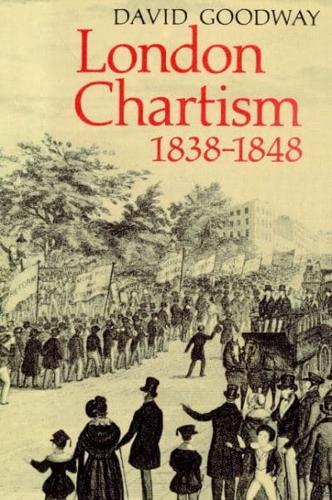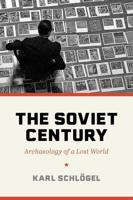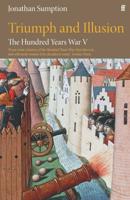Publisher's Synopsis
This book, the first full-length study of metropolitan Chartism, provides extensive new material for the 1840s and establishes the regional and national importance of the London movement throughout this decade. After an opening section which considers the economic and social structure of early-Victorian London, and provides an occupational breakdown of Chartists, Dr Goodway turns to the three main components of the metropolitan movement: its organized form; the crowd; and the trades. The development of London Chartism is correlated to economic fluctuations, and, after the nationally significant failure of London to respond in 1838-9, 1842 is seen as a peak in terms of conventional organization, and 1848 as the high point of turbulence and revolutionary potential. The section concludes with an exposition of the insurrectionary plans of 1848.










